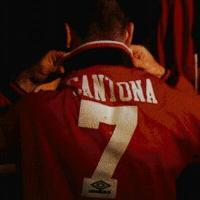Quincy Jones Interview
-
Recently Browsing 0 members
- No registered users viewing this page.
-
Latest Activity
-
- 2 replies
- 24760 views
-
- 7 replies
- 21060 views
-
- 59 replies
- 121564 views
-
New single & video - Tru Trilla "End the Day" ft Ruste Juxx & Julius Luciano of Shoe Gang
By urbanelite, in Music
- tru trilla
- ruste juxx
- (and 18 more)
- 0 replies
- 15324 views
-
- 0 replies
- 3255 views
-



Recommended Posts
Join the conversation
You can post now and register later. If you have an account, sign in now to post with your account.